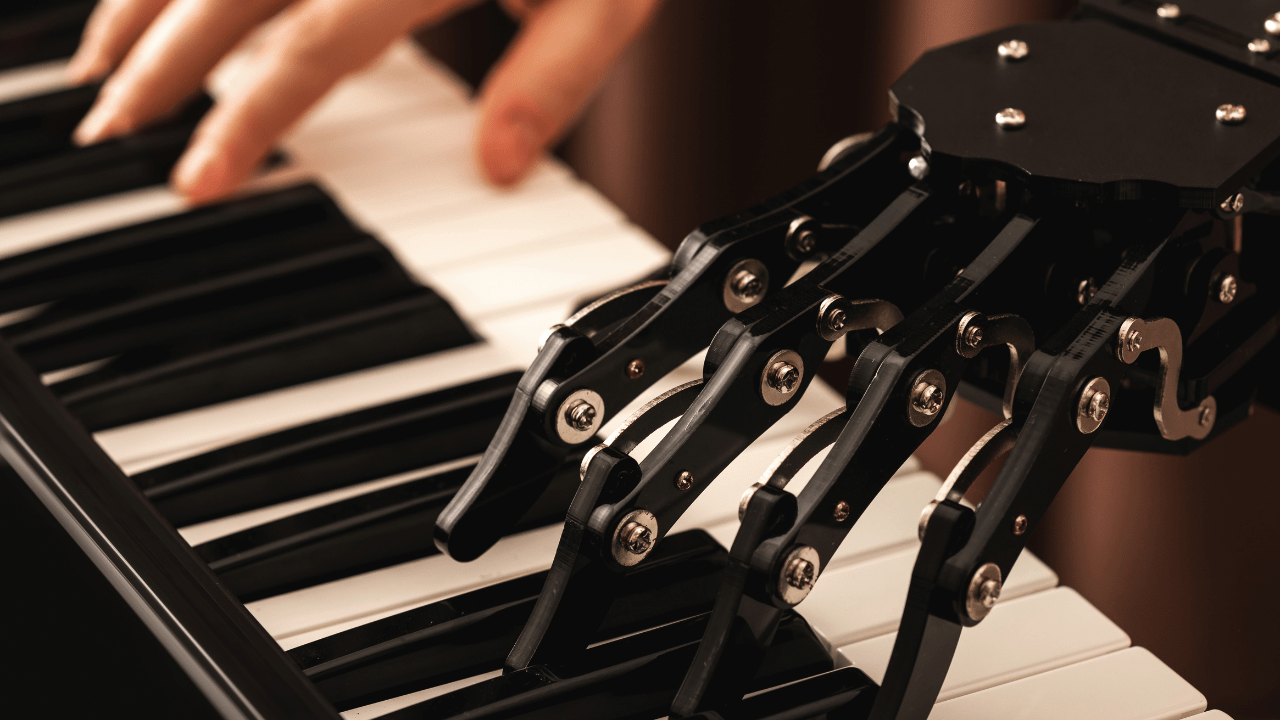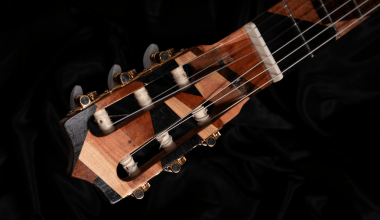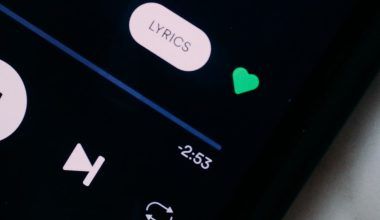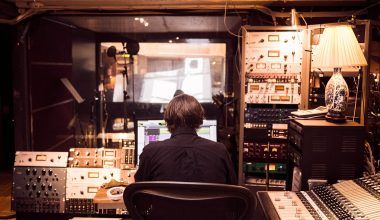The world of music is evolving rapidly. Artificial intelligence (AI) has brought groundbreaking changes, especially in music composition. AI music composers are becoming powerful tools for musicians, producers, and creators. These innovative systems can compose original music, assist with arrangements, and even adapt to various genres and moods.
This blog will explore AI music composers, their impact on the music industry, and how they are changing the way we create and experience music. Let’s dive into the fascinating world of AI-driven music creation.
Table of Contents
- What is an AI Music Composer?
- How AI Music Composers Work
- Benefits of Using AI Music Composers
- Popular AI Music Composition Tools
- AI in Music Genres: Examples and Applications
- The Role of AI in Music Collaboration
- AI Music Composers vs. Human Creativity
- Challenges and Ethical Concerns
- Future of AI Music Composition
- Conclusion
What is an AI Music Composer?
An AI music composer is software or a system that uses artificial intelligence to create music. These tools rely on algorithms and machine learning to understand music theory, analyze patterns, and generate compositions. They can create melodies, harmonies, beats, and even entire songs.
AI music composers are designed to mimic the way humans think and create music. They analyze vast amounts of data, including famous songs and different genres, to understand musical styles and trends.
How AI Music Composers Work
AI music composers use machine learning models to generate music. These models are trained on large datasets of existing music. Here’s how they work:
- Data Analysis: The AI studies music theory, structure, and patterns.
- Learning from Data: It learns the nuances of different genres and instruments.
- Generating Music: The system creates new compositions based on what it has learned.
- Customizing Output: Users can input preferences, such as tempo, mood, or genre, to get tailored compositions.
For example, OpenAI’s MuseNet can compose music in multiple styles, from classical to pop. Similarly, AIVA (Artificial Intelligence Virtual Artist) is used to create soundtracks and jingles.
Benefits of Using AI Music Composers
AI music composers bring many benefits to the table:
- Speed: AI can compose music in minutes, saving hours of work.
- Creativity Boost: They provide fresh ideas, helping musicians overcome creative blocks.
- Cost-Effective: AI tools are more affordable than hiring composers for small projects.
- Accessibility: Even non-musicians can create professional-quality music using AI tools.
- Scalability: AI can produce music in bulk, useful for games, apps, and advertising.
Popular AI Music Composition Tools
1. AIVA (Artificial Intelligence Virtual Artist)
AIVA specializes in creating emotional soundtracks. It’s widely used for games, films, and commercials.
2. Amper Music
Amper is beginner-friendly and allows users to create custom music by selecting mood, tempo, and style.
3. OpenAI MuseNet
MuseNet is a powerful AI that can generate music in up to 10 different instruments. It supports a variety of genres, from jazz to electronic.
4. Soundraw
Soundraw combines AI-generated music with user input, making it ideal for content creators who need royalty-free music.
5. Ecrett Music
Ecrett offers easy-to-use features for generating background music for videos and games.
AI in Music Genres: Examples and Applications
AI music composers can create music in virtually any genre. Here’s how AI is contributing to different styles:
- Classical Music: AI recreates the styles of legendary composers like Beethoven and Mozart.
- Pop Music: AI generates catchy melodies and beats for commercial tracks.
- Electronic Music: AI excels at creating loops, synth patterns, and EDM tracks.
- Film Scores: AI composes atmospheric music tailored to specific scenes.
- Video Game Music: AI provides dynamic soundtracks that adapt to gameplay.
The Role of AI in Music Collaboration
AI music composers are not just standalone tools; they can also be collaborators. Musicians can use AI to:
- Co-create melodies and lyrics.
- Experiment with new genres.
- Enhance existing tracks with AI-generated harmonies or beats.
For example, Grammy-winning artists have used AI tools to inspire new musical directions. AI acts as a creative partner, offering unique ideas while leaving the final creative control to humans.
AI Music Composers vs. Human Creativity
One of the biggest debates surrounding AI music composers is their impact on human creativity. While AI is excellent at producing technically accurate compositions, it lacks the emotional depth and storytelling that humans bring to music.
However, AI is not meant to replace human composers. Instead, it complements them by automating repetitive tasks and sparking creative inspiration.
Challenges and Ethical Concerns
Despite their benefits, AI music composers come with challenges:
- Copyright Issues: Who owns the rights to AI-generated music?
- Loss of Human Touch: Over-reliance on AI might lead to less personal and emotional music.
- Bias in Data: AI might perpetuate biases present in the training data.
Addressing these issues is crucial for the ethical use of AI in music.
Future of AI Music Composition
The future of AI music composition is bright. Advancements in machine learning and deep learning will make AI even more capable. We may see AI creating personalized soundtracks for every individual based on their preferences.
AI could also open doors for aspiring musicians who lack formal training, democratizing music creation.
Conclusion
AI music composers are revolutionizing the way we create and experience music. They are powerful tools that enhance creativity, streamline workflows, and make music accessible to everyone. While they cannot replace human emotion and storytelling, they serve as invaluable collaborators in the music-making process.
As AI technology continues to evolve, its role in the music industry will only grow. Embrace this exciting innovation and explore how AI music composers can transform your creative journey.
Related Articles:
For further reading, explore these related articles:
- How AI Song Lyrics Are Changing the Way We Make Music
- Parai Instrument Price: Everything You Need to Know About This Traditional Drum
- Gana Kaise Likhe: A Complete Beginner’s Guide to Writing Songs
For additional resources on music marketing and distribution, visit Deliver My Tune.






